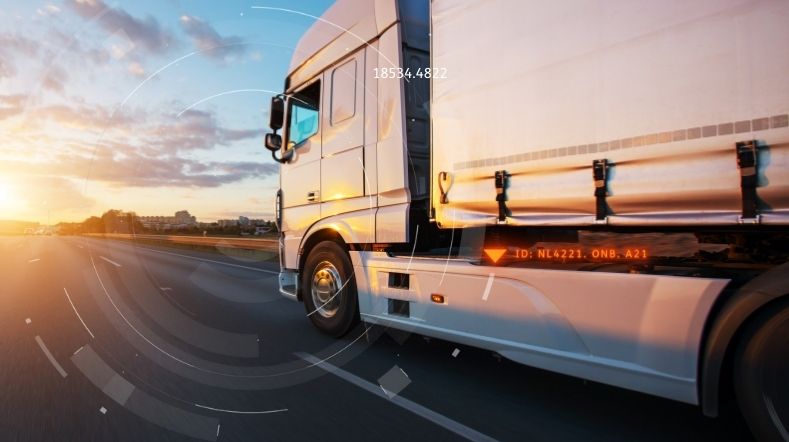
How is Young Excellent Researcher Chris van der Ploeg doing?
TNO is a is a place where talent thrives. That’s why we put our exceptionally talented colleagues in the spotlight. Young experts make the impossible possible and push the boundaries of innovation. Each year, we organise the Young Excellent Researcher election (YER) to recognise the outstanding achievements of our talented researchers up to the age of 35. It’s our way to show how proud we are of them. Chris van der Ploeg won last year and shares how that experience has transformed his research.
Chris van der Ploeg knows exactly what it means to be a Young Excellent Researcher - he won the 2024 edition. Alongside his full-time role at TNO, he completed his PhD that year on the use of AI to improve the safety of autonomous vehicles. 'Balancing work and a PhD felt like running a marathon. But I love diving deeper into the subject matter alongside applied research.'
Vehicle safety at the highest level
Chris’s research aims to ensure that every step in vehicle automation leads to greater safety for all road users - including passengers, pedestrians, cyclists, and motorcyclists. 'A vehicle’s situational awareness must be strong enough to anticipate any scenario - even someone suddenly running into the road from a supermarket with bags full of groceries. Self-awareness is also essential, so the vehicle can, for example, pull over and call for help if it gets a flat tyre.'
After being nominated, Chris was interviewed by a panel of Principal Scientists. 'That was perhaps the best part: spending an hour discussing my research and engaging in scientific debate during the conversation.'
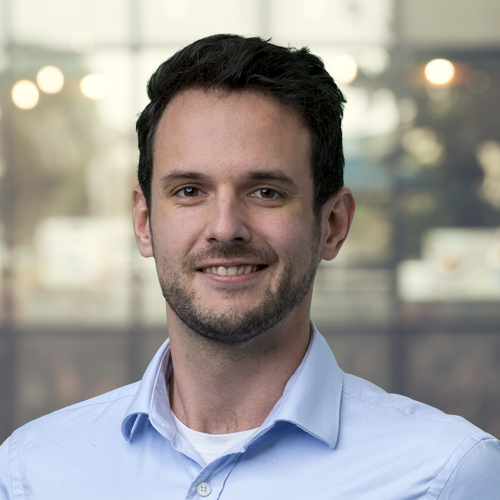
'I want to show the academic world that motorcycle safety is a serious issue.'
Looking beyond our own field
Chris believes it’s important to look beyond our own domain - and the YER competition is a perfect opportunity to do so. 'Just being nominated helped me bring my research to the attention of the entire TNO. It’s now easier to connect with colleagues in other fields who deal with similar topics. That’s valuable, because the challenges we face may already have been solved elsewhere.'
The YER also had a positive impact on his own unit Mobility & Built Environment. 'The competition brought more unity to our unit. Departments in Helmond, Delft, and The Hague gained insight into our activities, which strengthened mutual understanding and collaboration.'
A prize with impact
The YER winner receives recognition and opportunities to grow within TNO. Over the past year, Chris was invited to several events hosted by the TNO Science Academy.
'All the Principals of TNO are part of the Academy. For me, it’s a completely new network of people who can support my career development.' Chris also received € 20,000, which can be freely used for knowledge development and research-related activities. What did he do with it? 'When I won, I asked several people what they would do with the prize. The common advice was: use it for something that’s hard to get funding for within TNO.'
Chris took that advice to heart. 'My research focuses heavily on the safety of vulnerable road users - usually pedestrians and cyclists. As a motorcyclist myself, I know how exposed motorcyclists are in traffic. The YER prize is my chance to raise awareness about that.'
Touring through Australia
Chris is using part of the prize to organise a workshop on motorcycle safety in Australia, during the International Conference on Intelligent Transportation Systems—the world’s largest scientific conference on vehicle safety.
'I’m organising the workshop together with motorcycle manufacturers Ducati and Yamaha, and several Australian institutes and universities. The goal is to show the academic world that this is a serious issue and to highlight the challenges. After all, academia is the incubator for all innovations in the automotive sector.'
Chris has also been invited to the Department of Transport in Queensland. 'In Australia, motorcycle safety is high on the agenda. That’s what I want to achieve in the Netherlands too. Raising awareness among governments is crucial - so that regulations are introduced requiring car and motorcycle manufacturers to adopt our technologies for improved safety.'
Interested in working as a scientist too? Have a look at the vacancies
Get inspired
TNO launches Motion Comfort Institute for automated vehicle era
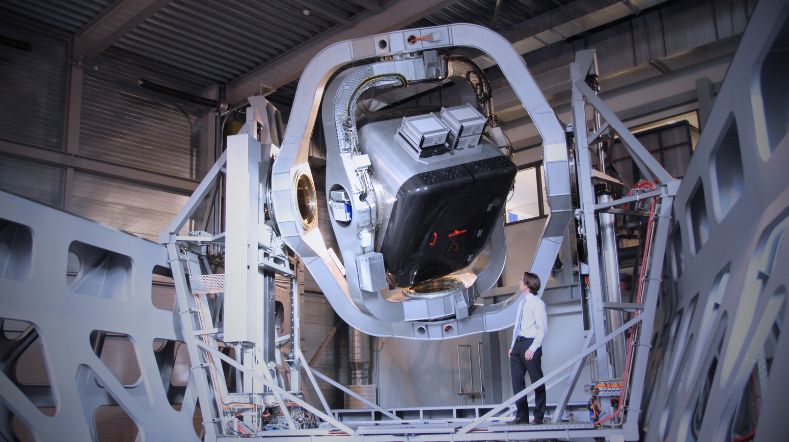

Releasing autonomous software faster with DeepScenario and TNO’s StreetWise
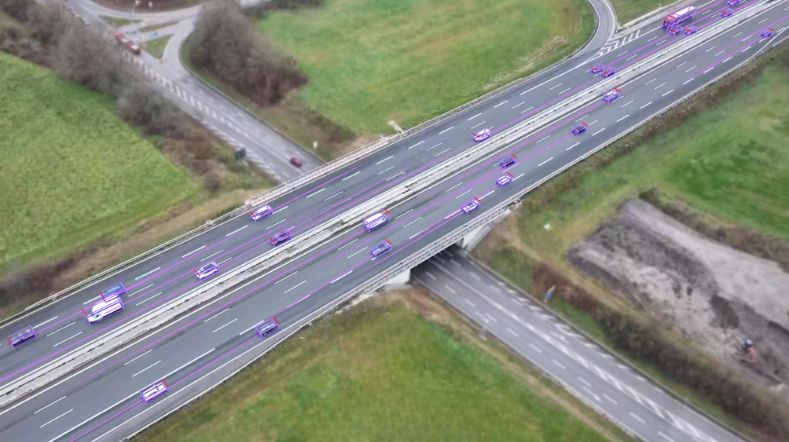

MARQ opens its doors: a place to collaborate on the mobility of the future
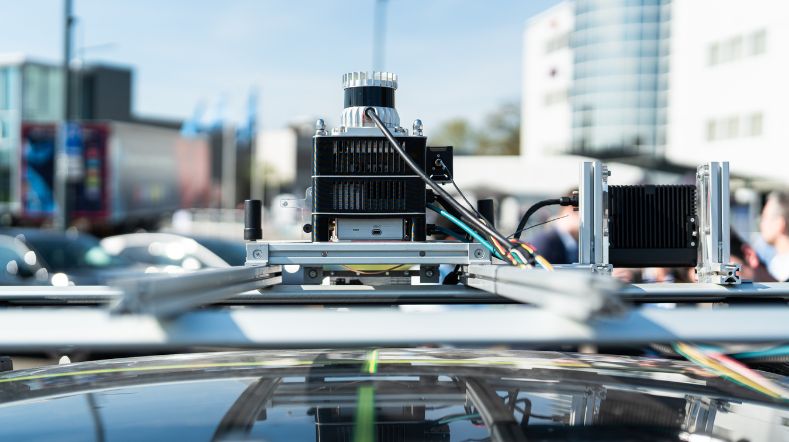

Demonstrations of automated driving and charging for logistics at Maasvlakte
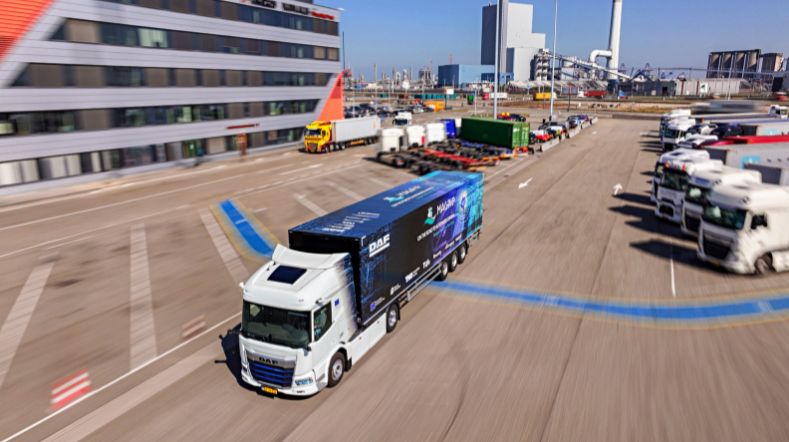

Getting on board with autonomous transport? Five things you need to know
